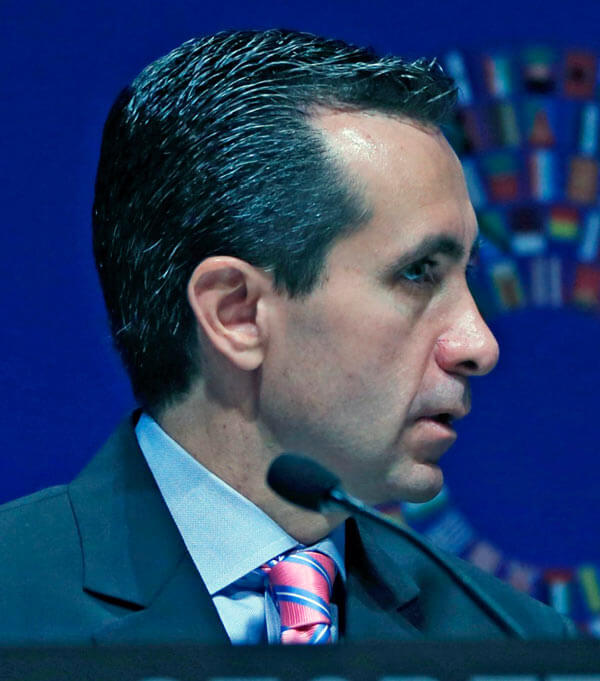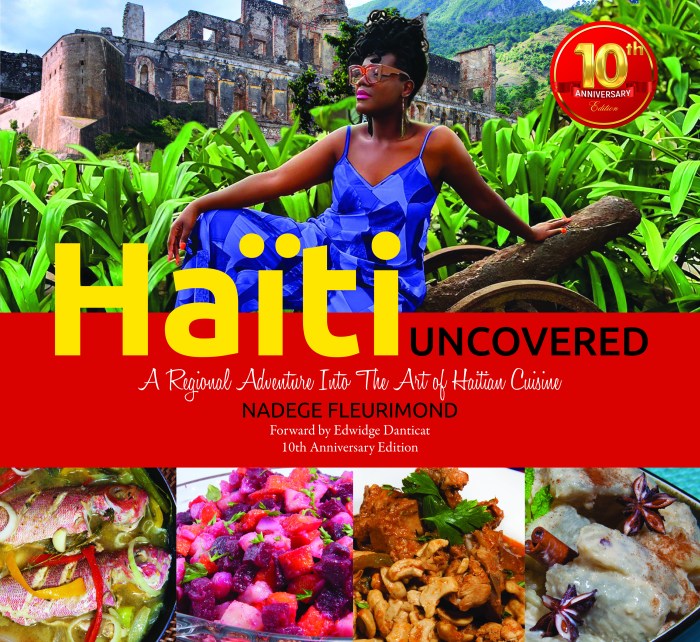A new World Bank report says the vulnerable in Latin America and the Caribbean is often just one disaster away from falling back into poverty.
The report, “Shaking Up Economic Progress: Aggregate Shocks in Latin America and the Caribbean,” says that countries across Latin America and the Caribbean (LAC) have made major progress in reducing poverty and inequality, but frequent natural and man-made shocks threaten to drive many people back into poverty, unless efforts to mitigate and manage risks are stepped up.
The report says that says that multiple aggregate shocks, including natural disasters, crime, violence and epidemics, pose major challenges for the most vulnerable residents in the region, particularly in the current context of low economic growth and rising government deficits.
“Despite the big prosperity gains in recent years, many people in Latin America and the Caribbean are just one disaster away from falling back into poverty,” said Jorge Familiar, World Bank vice president for Latin America and the Caribbean on Wednesday. “Countries need to better prepare for and build resilience to shocks so that they don’t lose in one day what took years to achieve.”
The report says that the proportion of those living in extreme poverty was halved to 12.3 percent between 2003 and 2012, while those living in moderate poverty fell from 41.1 to 25.3 percent.
However, nearly four out of 10 households in the region are still considered economically vulnerable, facing the risk of falling back into poverty due to aggregate shocks, the report says.
It says that between 1970 and 2014, the incidence of natural disasters in the region tripled, with extreme rainfall and drought being “a near-constant threat.”
In the Caribbean, the report says at least one country — and often more than one — is hit by a strong hurricane or cyclone every year.
Over a quarter of all earthquakes of magnitude 8.0 or higher occur in western South America. Also, infectious disease and viruses such as Zika and Chikungunya thrive in the warm and humid conditions found in many Latin American and Caribbean countries, the report says.
In addition to natural disasters, the report says many residents face significant social challenges. In some areas, crime and violence rates are comparable to those of war-torn countries, the report says.
It says other parts of the region face a proliferation of violent youth gangs, drug trafficking, money laundering, and domestic violence, adding that financial crisis can cause unemployment to soar.
The report highlights the fact that it is often the poor that suffer the most from these shocks, and that lower employment and consumption frequently follow.
Large natural disasters or civil conflicts often decimate local economies, destroying assets, impacting businesses and disrupting markets, the report says.
In the aftermath, it says children are often taken out of school to work, leaving a long-term negative impact for the individual and society.
As they anticipate the next disaster, vulnerable households often choose low-risk, low-income economic activities, further perpetuating poverty, the report says.
“In light of all these aggregate threats, countries need to work on a number of coordinated fronts to build resilience,” said World Bank Senior Economist and lead author of the report Javier E. Báez. “These include gathering more and better information on risks, strengthening disaster preparation and risk management policies, and expanding the programs needed for recovery.”
The report says getting ready for these expected shocks will involve fortifying both the private sector and government services.
“That means developing critical markets for credit and insurance to contribute to a faster recovery after a disaster,” the report says. “It is also key to reinforce public services, including safe water, sanitation, education and weather warning systems.
“Infrastructure must be built to withstand extreme natural disasters,” it adds. “Preparation is costly, and the rewards may seem far off; but the cost of inaction is far higher.”



























